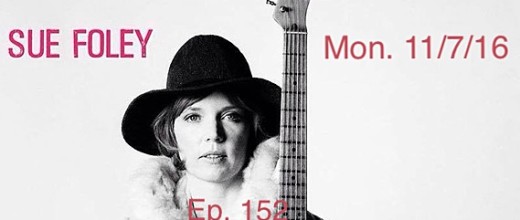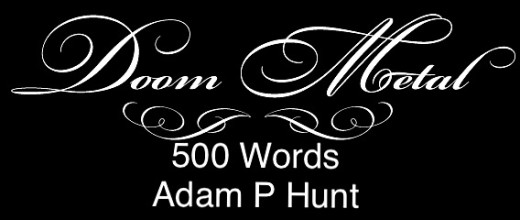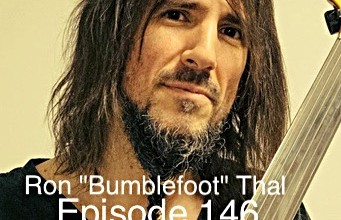Get your V Pick on!!- http://www.v-picks.com
A word from Vinni-

More Sue? Go to- http://suefoley.com
Pledge and Join the Kickstarter Campaign for the recording of “The Ice Queen”- https://www.kickstarter.com/projects/895763480/the-ice-queen
Sue Foley, Mike Flanigin & Chris Layton Live at C-Boys in Austin Texas-

Relentless is the album and it’s one of the best of 2016- Check them out, you’ll be glad you did- http://www.pauldeslauriersband.com
Also in this special episode we have our good buddy Kevin Butts from KillerB guitars- http://www.killerbguitars.com in to talk about Guitars for Vets- http://www.guitars4vets.org and a very special event he is hosting…

For more on Checkered Pedals- https://www.facebook.com/rick.bethune.1?fref=ts
Wanna win a Checkered Pedals Phaser? email guitarradioshow@gmail.com and put in the subject line: “Gimme that pedal” and you are automatically entered. Offer expires 11/1/16

500 Words: Doom Metal
In a world filled with puppies, butterflies and rainbows there is also doom metal.
Doom metal is the sonic equivalent of novocaine mixed with methaqualone.
With its languid song tempos, sludgy sound, a dose of occultism and pessimistic lyrical content doom metal would have a profound effect on stoner metal, grunge, and drone metal.
Even some rap groups like Cypress Hill, Bone Thug-n-Harmony, Ho99o9 and Death Grips have some commonality with doom metal, (slower tempos, lyrical content, visual cues from horror movies).
While there are differences between the genres they do sleep under the same blanket.
Black Sabbath is generally credited with originating doom metal but like a contagion they soon infected other with the doom pathogen. Listen to Pentagram, Bedemon, Budgie, Sir Lord Baltimore, Buffalo, Bang, Necromandus, Lucifer’s Friend, Iron Claw and Leaf Hound.
If Black Sabbath are the grandfathers of doom Blue Cheer are probably great grandfathers. A lot of doom bands took pages from Blue Cheer’s blueprints such as the use of extended jams, fuzz tones and drug references.
Doom saw an underground surge during the ‘80s with the likes of Witchfinder General, Saint Vitus, Trouble, Candlemass, but was largely overshadowed punk, speed and thrash metal and synth pop.
By the time the ’90’s came around doom was effectively dead as a genre. Even though grunge reigned supreme in suburbs all over the world Seattle’s Melvins and doom’s Superman, Scott “Wino” Weinrich, helped to keep the world drenched in sonic sludge.
Embracing all things dour and gloomy Finland produced their own roster of doom metal bands including Reverend Bizarre, Minotauri, and Shape of Despair.
The 2000’s saw a resurgence of doom metal partly due to the popularity of Black Flag’s “My War” album and its influence on southern underground bands like Corrosion of Conformity, Exhorder, Eyehategod, Down, Crowbar, Acid Bath and Torche.
Today the are a variety of different flavors of doom and a wide range of subgenera.
I, for one, am happy to see a crop of new doom bands. You will never see doom metal in mass merchant outlets, or hear their songs used in a car commercial and that’s fine by me.
Rock is supposed to be an outsider music and while death metal and even black metal have gained a toehold in pop culture doom remains steadfastly immune to being injected into the mainstream.

Ron “Bumblefoot” Thal- We step into the mind of this brilliant musician.
More Ron?- http://www.bumblefoot.com

What a thrill to speak with the man I have followed for years and have always admired, the very cool Dan Erlewine.
Go visit Dan- http://www.danerlewine.com
Dan in the shop with the guitar that killed folk!-
Dan on lead guitar in the early days with the Prime Movers-